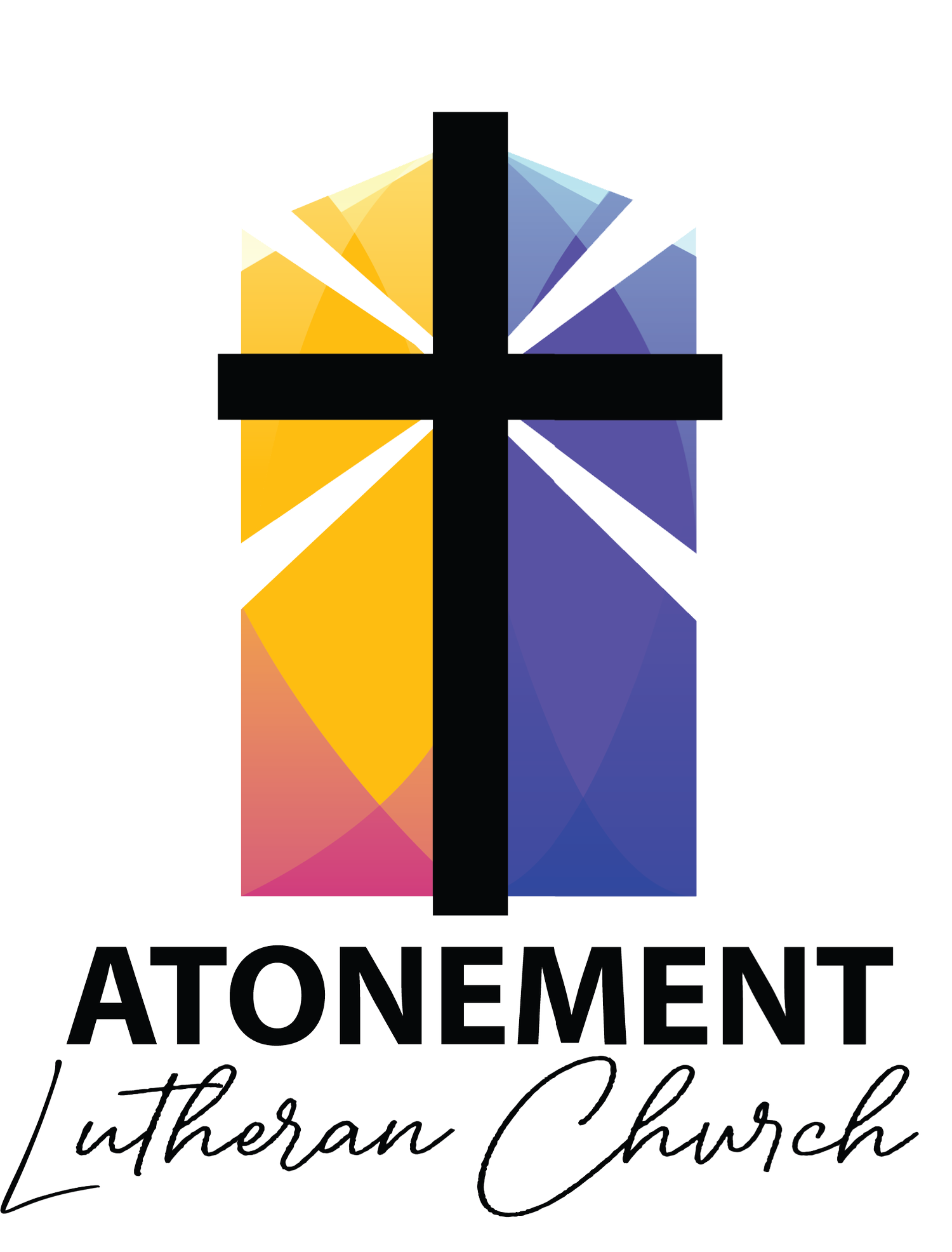The Divine Call
Now in the church at Antioch there were prophets and teachers: Barnabas, Simeon called Niger, Lucius of Cyrene, Manaen (who had been brought up with Herod the tetrarch) and Saul. While they were worshiping the Lord and fasting, the Holy Spirit said, “Set apart for me Barnabas and Saul for the work to which I have called them.” So after they had fasted and prayed, they placed their hands on them and sent them off.
Acts 13:1-3
What is a call? Right now, I’m holding two calls. One to Atonement in Plano, TX, and another to Pan de Vida in Grove Garden, CA.
The Bible teaches us that every Christian is a priest of God. We hear in 1 Peter 2:9, “But you are a chosen people, a royal priesthood, a holy nation, God’s special possession, that you may declare the praises of him who called you out of darkness into his wonderful light.”
As priests of God, we can all share God’s Word, we can pray, we can even forgive each other’s sins in the name of Jesus.
But from among the priesthood of believers, God also calls public ministers of the gospel. We hear in Ephesians 4:11-13, “So Christ himself gave the apostles, the prophets, the evangelists, the pastors and teachers, to equip his people for works of service, so that the body of Christ may be built up until we all reach unity in the faith and in the knowledge of the Son of God and become mature, attaining to the whole measure of the fullness of Christ.”
The word public in public ministry is the key word. As priests, Christians work privately. That doesn’t mean secretly. It means they go out as an individual Christian, representing no one but God.
The public minister, on the other hand, goes out as a representative of a congregation. This is where the divine call comes in. We see in Acts 13 (above), that the Holy Spirit called Barnabas and Saul to be missionaries. That’s the divine aspect; it comes from God himself.
But in these same verses, we see that in his Church, God most often calls his public ministers through a congregation. In Acts 13, God does not say, “They’re going.” He specifically says, “Set apart for me….” He gives the congregation the gift of being able to call people as public ministers.
How does this work? How is it a divine call if the human congregation does the calling? From what the Bible tells us, it is the power of the Holy Spirit working through the congregation to send out the call. What a comfort to know that the Holy Spirit is behind the call. What a privilege God gives to his people to allow them the right to choose their public minister.
I am holding two calls. It’s important to recognize the new call does not negate the old call. If that were so, every pastor would have to leave the congregation where he is serving to go to the congregation that is calling him to come. Both my calls, my call to Atonement and my call to Pan de Vida, have the backing of the Holy Spirit and the congregations who have called me.
So, what now? For my part, I am deliberating where my gifts can best be used. This is not something I can do on my own. First, such a decision requires prayer. Since this is a divine call, a call from the Holy Spirit, it will be the Holy Spirit who gives the best wisdom for my decision. This is a comfort to me. I humbly ask for your prayers as well.
My wife and I also discuss what this means for our family. It is not my decision alone. Wherever I serve, we will continue to do God’s will living under his grace.
I also invite the input of both congregations. Because it is God’s people who call me, I need to hear what God’s people are calling me to do. It is a given that both want me to serve them with Word and sacrament. But the input I receive help me to see how best we go about this gospel ministry.
What a comfort it is to know that God calls his servants to proclaim the good news of forgiveness and eternal life in his Son Jesus Christ. Take comfort in the process God has given for supplying public ministers to you, knowing that this is not simply human decision, but a divine call from God himself.
